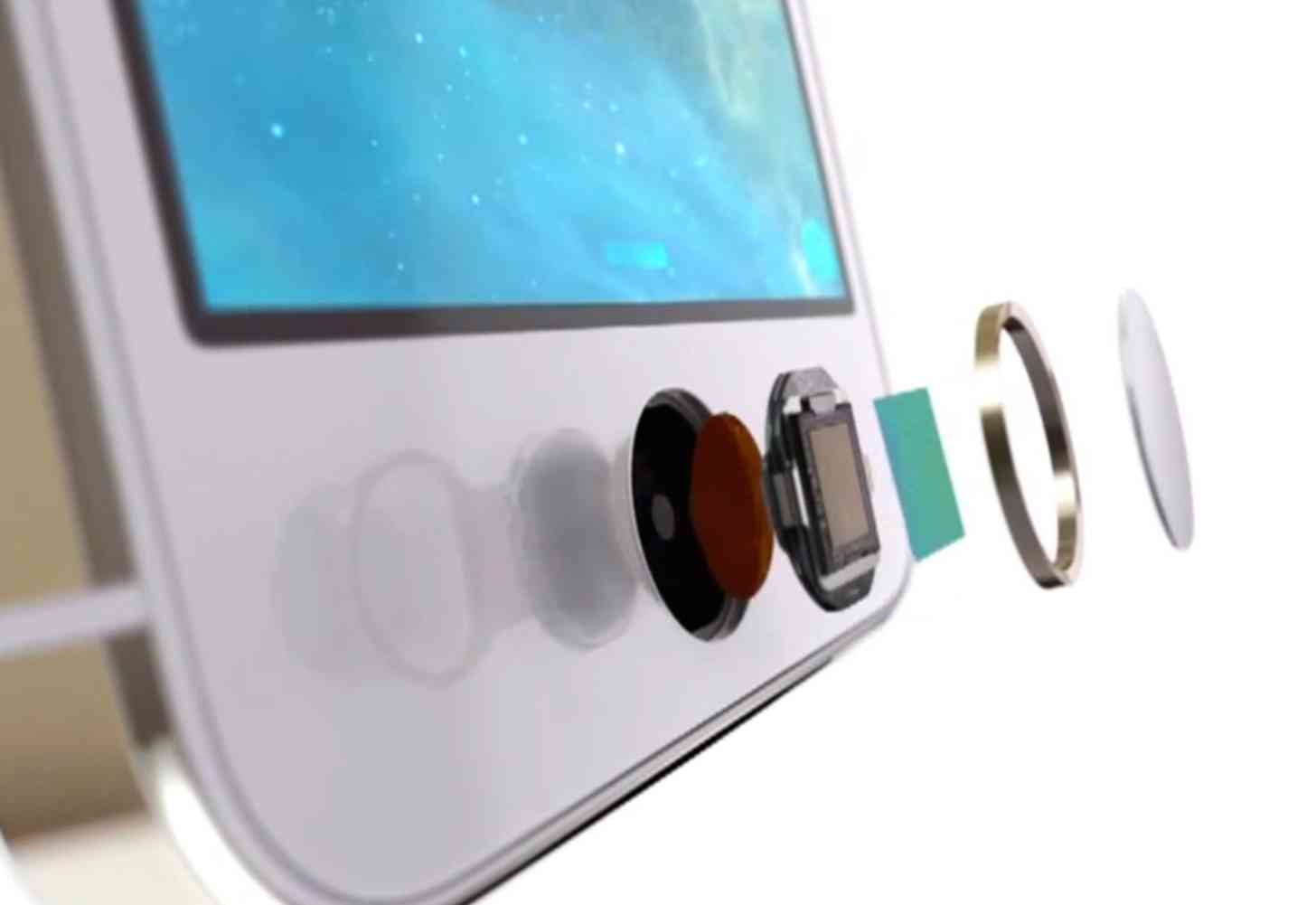
As our smartphones have become the central hub for just about anything, whether it’s our contacts, our music, our “important emails” and just about anything else, for most people our daily lives are run from a smartphone. As such, companies have put a bigger focus on keeping the information on those devices safe, and not leaving it up entirely to the user.
We’ve had passcode locks on our phones for quite some time, and Android got some of the spotlight a few years ago when it introduced pattern unlock for its mobile devices. Since then, the security on our handsets has not only been improved, but it’s received a much bigger focus from the companies releasing those handsets.
Specifically, both Google and Apple have put a major focus on making sure the data that’s on an owner’s smartphone is protected, thanks to encryption. In fact, this encryption is so secure that the United States government, along with federal agencies, have raised concerns about being unable to access devices running specific mobile operating system versions. As it stands right now, it would appear that both Google and Apple are standing behind their security implementations, too.
And then there’s Touch ID.
Apple’s Touch ID is still pretty new, but right out of the gate it’s another barrier of security for the owner of an iPhone (and now iPad). With Touch ID, a phone’s contents and mobile purchases are secured with the user’s actual fingerprint. Touch ID, if there’s any need for an obvious indicator, is a clear sign that we’re living in exciting times. More than that, though, Touch ID is yet another layer of protection for the most important device most people own.
Of course, that hasn’t stopped individuals from trying to bypass the protective process. Truthfully, it will never stop people from trying to find ways to break security walls and get beyond them, to see what people are trying to hide. Security, and keeping data safe, has become a hot topic throughout 2014, and it will probably continue to be in 2015 and the foreseeable future. As such, securing what’s on our devices will continue to be a major focal point for companies like Google and Apple.
The question is, do you actually feel secure with these steps available to you, as the user? Whether you use Windows Phone, Android, iOS, or even BlackBerry, do you believe that your stuff on your phone is secure? Is security something you even think about when it comes to your smartphone? Let me know!